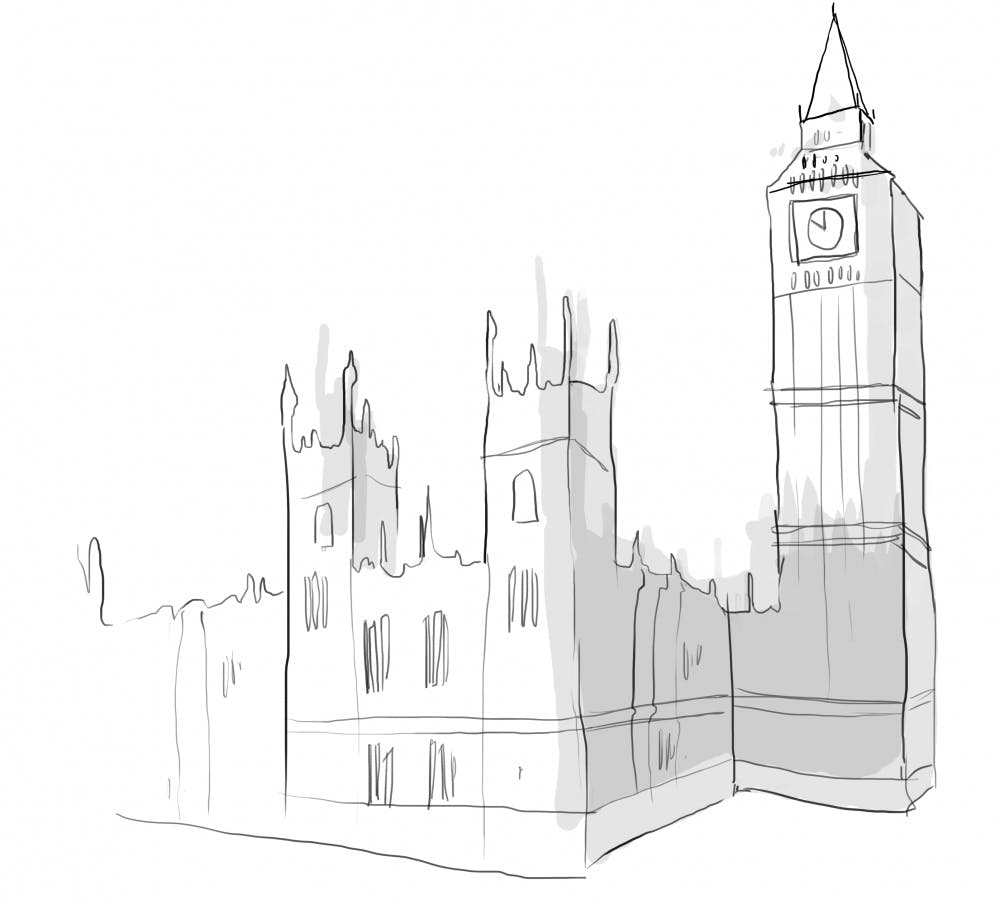Zach Smolar ’18 was in his King’s College London dorm room, two tube stops from Westminster, when he heard helicopters outside. Smolar later learned that the helicopters were responding to an attack on Westminster Bridge in London.
A vehicle drove into a crowd on Westminster Bridge Mar. 22. Five people died, including the assailant, and at least 50 were injured in the attack, according to the BBC .
Shortly after the attack, Bianca Leggett, resident director of the Cornell-Brown-Penn UK Centre, followed emergency protocol and sent an email to the 20 Brown students studying abroad in London to make sure they were safe. Nineteen students were at University College London, King’s College and the London School of Economics, and one student was in the city for an external program, said Kendall Brostuen, director of international programs. All students were accounted for within three to four hours after the attack, he said.
The attack was “very much in the heart of London and not far from where students study (or) from where they live,” Leggett said.
Given the large size of the city, students studying abroad in London were mostly unshaken by the attacks.
The media made it seem like the whole city of London was shut down in the aftermaths of the attack, but that did not seem like the case to Diane Na ’18, who is studying abroad at King’s College.
Na was in class when she learned about the attacks through her mother, who had contacted her to check if she was safe. Class was not cancelled on the day of the attack, and besides a delay in public transportation, “you couldn’t really sense that there was anything different, because it’s such a big city,” Na said.
Smolar’s parents also called after hearing about the attack. His parents seemed “more worried than … necessary,” because the news coverage of the attack “painted it as being more dangerous” than it was for people in the city, Smolar said. The news of the attack was “frightening and very saddening,” but Smolar was amazed by how quickly “the police had it under control,” he said. Smolar took the tube that evening, and things seemed to be proceeding as normal, he added.
Though no students were harmed during the attacks, next semester, the Cornell-Brown-Penn UK Centre might conduct a safety drill to obtain data to determine the fastest way to get in touch with students if such attacks occur in the future, Leggett said.
“The fact is we live in a very volatile world, and that’s certainly been demonstrated in recent years,” Brostuen said. “Safety protocols are going to be increasingly important,” he added. There are safety and emergency protocols that are unique to each international location depending on local officials and support provided by the U.S. federal government, he said.
Leggett hopes the attack has “sharpened students’ engagement with the intellectual context of … the complexity of what Britain is going through right now,” she said. “We are living in a more polarized country post-Brexit.”
Leggett also hopes the attack has driven students to develop a “sense of solidarity with London,” with the understanding that the city is “still very safe, prosperous and very excited about moving on to a brighter future,” she said.





